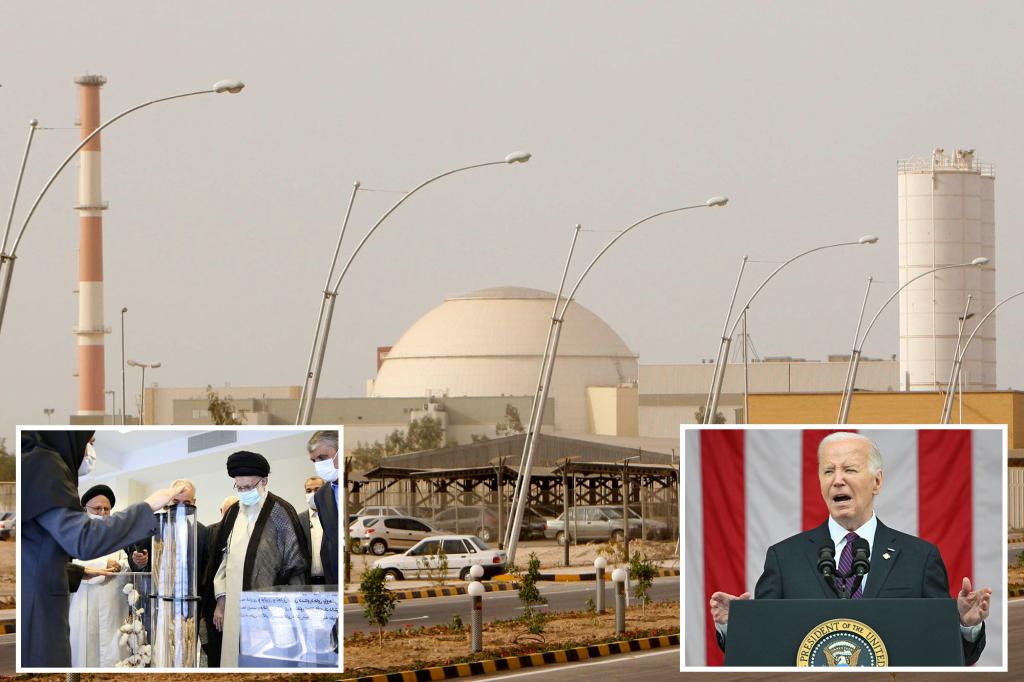The White House is strongly advising Britain and France against officially criticizing Iran for its escalating nuclear program. The US administration has been urging its allies and other European nations to vote against censuring Iran at an upcoming meeting of the International Atomic Energy Agency’s (IAEA) board of governors. The US itself is preparing to abstain from the vote, with concerns that censure could further destabilize Iran in the wake of the death of its president, Ebrahim Raisi, in a helicopter crash. There have been no final decisions made about the meeting, but the US is increasing pressure on Iran through sanctions and international isolation, coordinating closely with its E3 partners.
The Biden administration is recommending that European nations increase pressure on Iran by removing regime banks from their countries and designating the Islamic Revolutionary Guard Corps (IRGC) as a terrorist group. There have been reports of disagreements between the US and its allies on this issue, prompting criticism from lawmakers such as House Foreign Affairs Committee chairman Michael McCaul. The Biden administration is facing backlash for continuing to undermine efforts to hold Iran accountable for its violations of the Treaty on the Non-Proliferation of Nuclear Weapons. The 2015 Iran nuclear deal, known as the Joint Comprehensive Plan of Action (JCPoA), fell apart after being relaxed by the Obama administration and scrapped by Trump in 2018.
The Biden administration recently extended a sanctions waiver allowing Iraq to pay for Iranian electricity services, unlocking $10 billion in frozen funds for Iran. Lawmakers like Rep. Mike Waltz have criticized the administration’s appeasement policy towards Iran, especially as the regime gets closer to acquiring nuclear weapons. Whistleblower disclosures have revealed that the Obama administration, under Secretary of State John Kerry, prevented the FBI from arresting individuals linked to Iran’s nuclear and ballistic missile programs. Iran has been stockpiling weapons-grade nuclear material, with the United Nations’ nuclear watchdog reporting an increase in enriched uranium.
Iran has claimed its nuclear program is solely for civilian purposes, but the IAEA governors’ board has expressed deep concern over the regime’s lack of cooperation, failure to abide by safeguards, and harboring of nuclear material in undeclared locations. Without a change in Iran’s behavior, US officials anticipate the resumption of international sanctions and a potential referral of the matter to the UN Security Council. However, such a referral would face challenges from Security Council member states like Russia and China, which have close ties to Iran and veto power over resolutions. The situation remains complex and delicate, with the US administration navigating international diplomacy to address Iran’s nuclear ambitions.


